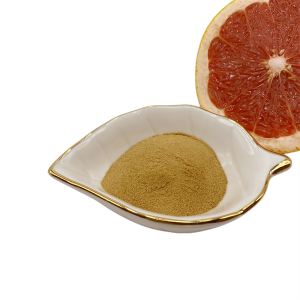Fish amino acid fertilizer is rich in a variety of essential nutrients that are beneficial for plant growth. The exact nutrient content can vary depending on the source of the fish and the method of preparation, but generally, fish amino acid fertilizers contain the following key nutrients:
Macronutrients
Micronutrients
Calcium (Ca): Vital for cell wall structure and stability.
Magnesium (Mg): Central component of the chlorophyll molecule and important for photosynthesis.
Sulfur (S): Integral part of amino acids and proteins.
Iron (Fe): Crucial for chlorophyll synthesis and enzyme function.
Manganese (Mn): Involved in photosynthesis, respiration, and nitrogen assimilation.
Zinc (Zn): Important for enzyme function and protein synthesis.
Copper (Cu): Plays a role in photosynthesis and respiration.
Boron (B): Essential for cell wall formation and reproductive development.
Molybdenum (Mo): Important for nitrogen fixation and enzyme function.
Amino Acids
Fish amino acid fertilizers are particularly rich in amino acids, which are the building blocks of proteins. Some of the key amino acids found in fish amino acid fertilizers include:
Glutamic Acid: Enhances nitrogen uptake and assimilation.
Aspartic Acid: Plays a role in the synthesis of other amino acids.
Glycine: Important for chlorophyll synthesis and stress resistance.
Alanine: Involved in the synthesis of other amino acids and proteins.
Proline: Helps plants cope with stress conditions like drought and salinity.
Lysine: Essential for protein synthesis and growth.
Arginine: Important for cell division and growth.
Post time: Sep-20-2024





